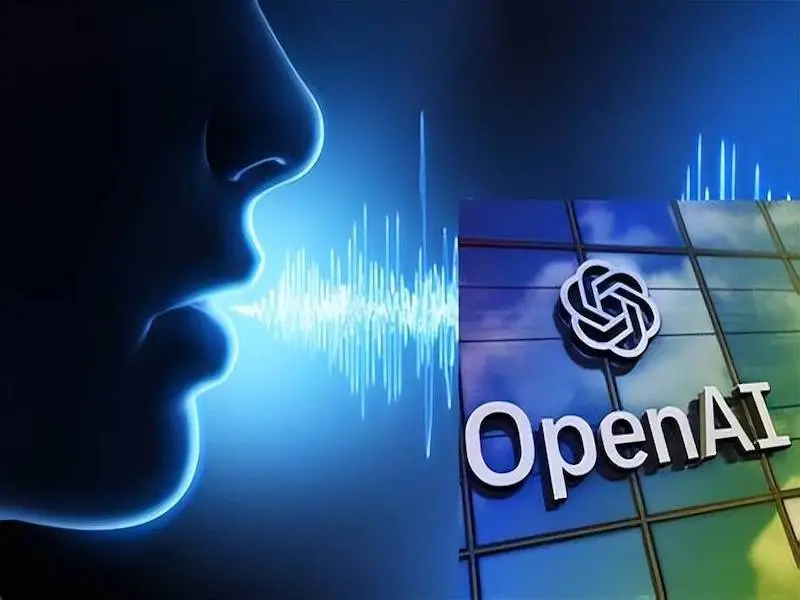- A model called “Voice Engine” can essentially duplicate someone’s speech based on a 15-second audio sample, according to an OpenAI blog post sharing results of a small-scale test of the tool.
- “These small-scale deployments are helping to inform our approach, safeguards, and thinking about how Voice Engine could be used for good across various industries,” OpenAI said in its blog post.
- OpenAI is a tightly controlled tool until safeguards are in place to thwart audio fakes meant to dupe listeners.
OpenAI has developed a text-to-speech generation platform called Voice Engine, which creates synthetic speech based on a 15-second snippet of someone’s voice.
The voice-cloning tool
Artificial intelligence-generated speech can read out text prompts based on commands in the same language as the speaker or in multiple other languages.
“These small-scale deployments are helping to inform our approach, safeguards, and thinking about how Voice Engine could be used for good across various industries,” OpenAI said in its blog post.
In these samples released by OpenAI, you can hear pre-written narration content, as well as “real-time, personalised responses” written for the GPT-4.
OpenAI said it began developing a speech engine in late 2022, and the technology already provides preset voices for text-to-speech APIs and ChatGPT’s read-aloud feature.
Also read: OpenAI expands media ties with news partners for chatbot training
Security issues
OpenAI says they are working with U.S. and international partners from government, media, entertainment, education, civil society, and more to make sure we incorporate their feedback as we build.
Disinformation researchers fear rampant misuse of AI-powered applications in a pivotal election year thanks to proliferating voice cloning tools, which are cheap, easy to use, and hard to trace.
OpenAI acknowledges these issues and says that “due to the potential for synthetic speech abuse, it is taking a cautious and informed approach to wider distribution.”
A few months ago, a political consultant working for the presidential campaign of Joe Biden’s Democratic rival admitted to being behind automated phone calls impersonating the US leader.
The incident caused alarm among experts who fear a deluge of AI-powered deepfake disinformation in the 2024 White House race as well as in other key elections around the globe this year.
“We have implemented a set of safety measures, including watermarking to trace the origin of any audio generated by Voice Engine, as well as proactive monitoring of how it’s being used,” OpenAI said.

